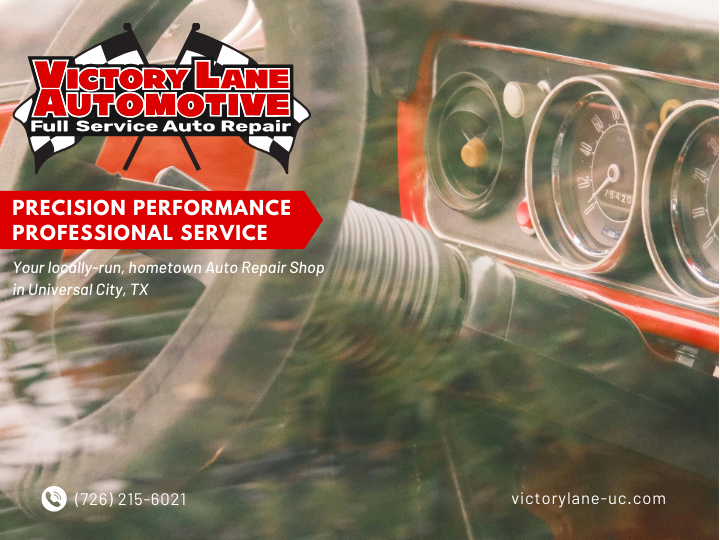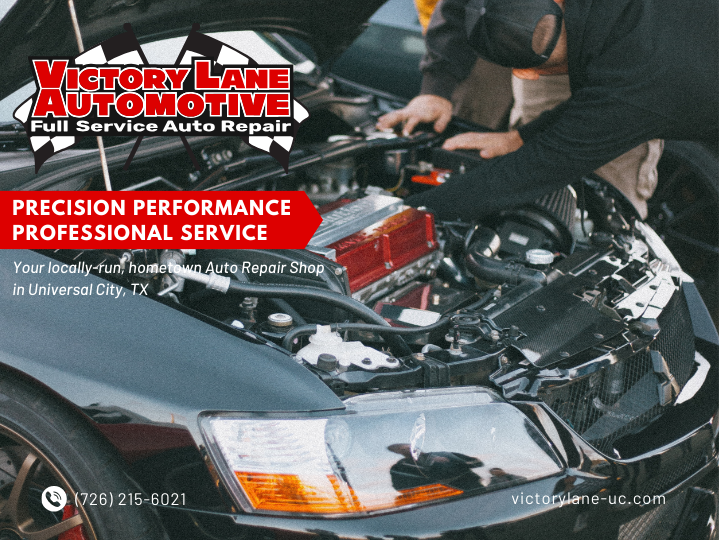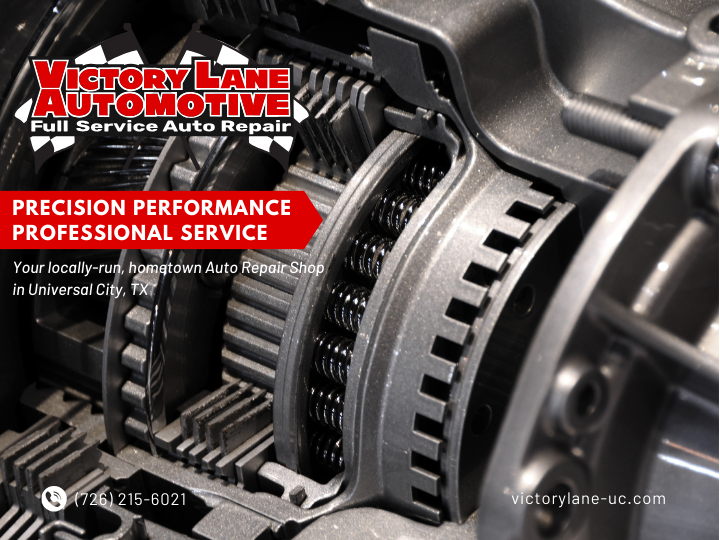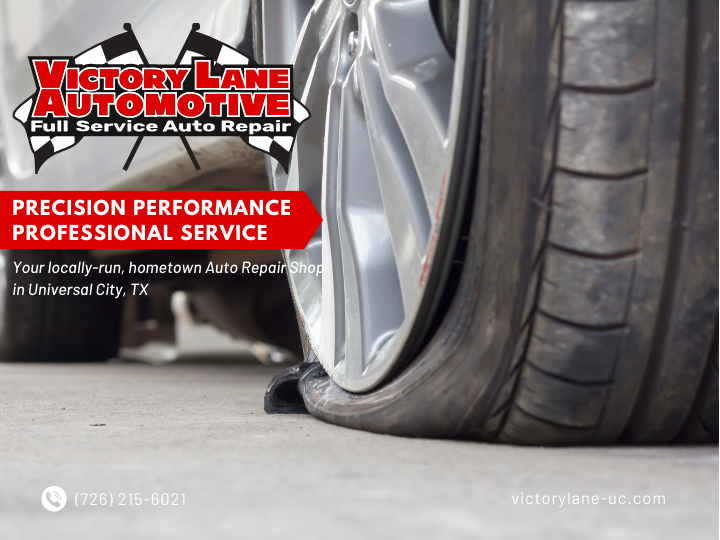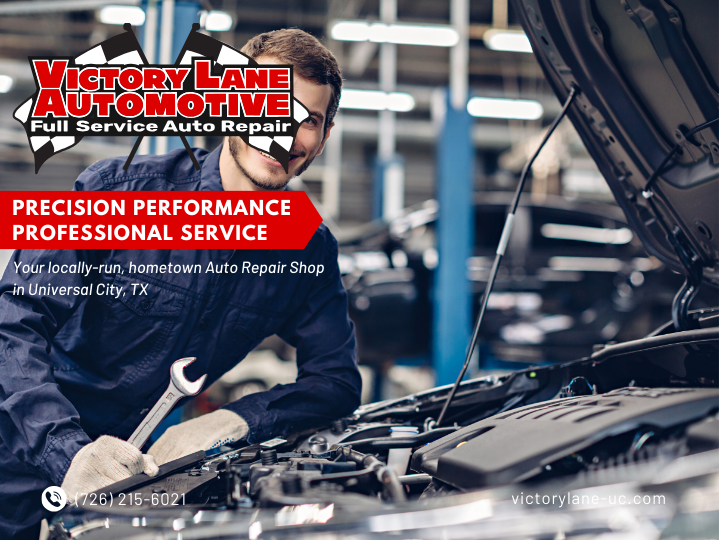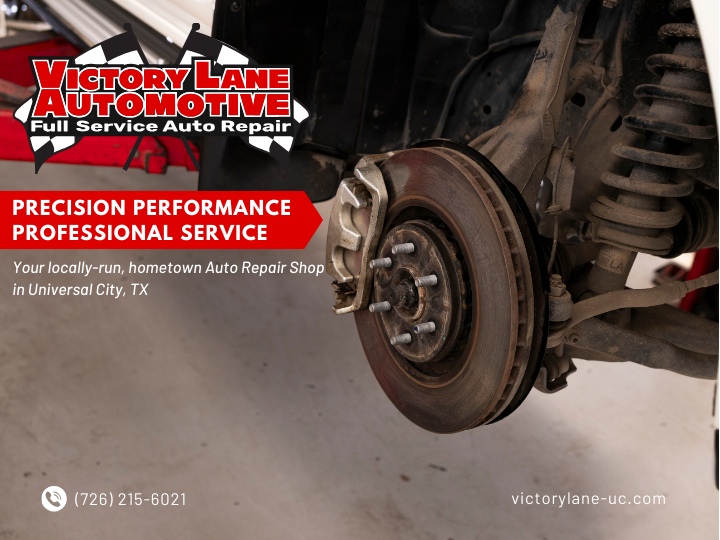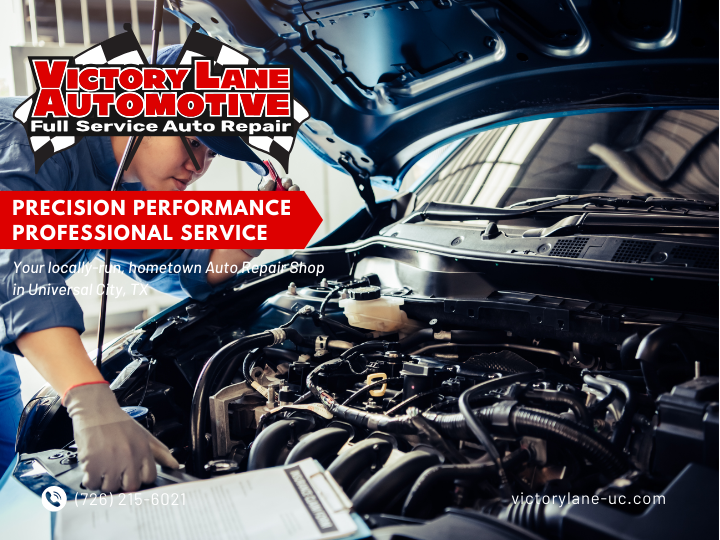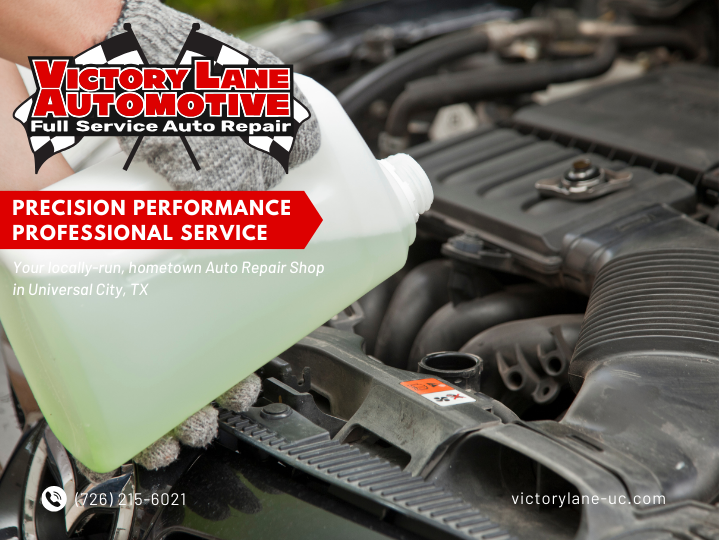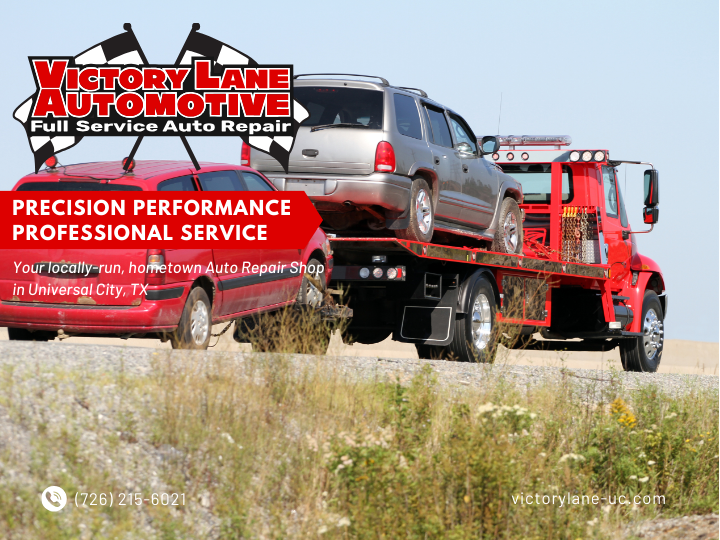Why does my car make a clunking noise while braking?
your brakes making noise NEEDS TO BE CHECKED OUT
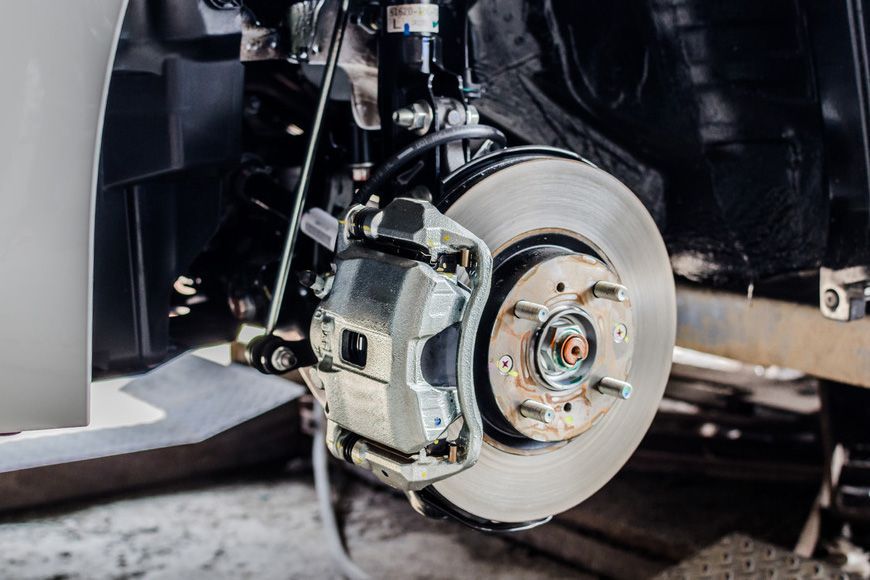
Why Does My Car Make A Clunking Noise When Braking ...
A clunking noise when braking can be concerning, and it could indicate a variety of underlying
issues. Here's a breakdown of some of the common causes:
1. Worn Brake Pads
● Description: Brake pads wear out over time, and when they get too thin, they may not
engage properly with the brake rotors. This can cause a clunking or knocking sound
when braking.
● Solution: Check the brake pads for wear and replace them if necessary.
2. Loose or Damaged Brake Components
● Description: If any of the components in your brake system (calipers, rotors, or
brackets) are loose or damaged, they might shift when braking, leading to a clunking
noise.
● Solution: Have a mechanic inspect the brake assembly to ensure everything is securely
fastened and functioning properly.
3. Worn Suspension Components
● Description: The suspension system, including control arms, ball joints, and bushings,
plays a role in keeping your car stable. If any of these parts are worn out, you may hear
a clunking noise when braking.
● Solution: Suspension components should be checked for wear and replaced as
needed.
4. Loose Lug Nuts
● Description: If the lug nuts on your wheels are not tightened to the correct torque, the
wheel may shift slightly when braking, causing a clunking sound.
● Solution: Check and retighten the lug nuts according to the manufacturer's
specifications.
5. Worn CV Joints or Axles
● Description: The CV joints and axles transfer power from the transmission to the
wheels. If these are worn or damaged, you may hear a clunking noise, especially when
decelerating or braking.
● Solution: A mechanic can inspect and replace worn CV joints or axles.
6. Damaged or Warped Rotors
● Description: Rotors can become warped over time due to excessive heat or wear,
leading to uneven braking. This can cause vibrations and clunking noises when the
brake pads engage the rotor.
● Solution: Rotors may need resurfacing or replacement if they are damaged.
7. Brake Caliper Issues
● Description: The brake caliper houses the brake pads and pistons. If the caliper is
sticking or not properly aligned, it can cause noise when braking.
● Solution: The calipers may need cleaning, lubrication, or replacement if they are
damaged.
8. Loose or Broken Anti-Rattle Clips
● Description: Anti-rattle clips are designed to keep the brake pads in place. If these clips
are loose or broken, the pads may shift slightly and cause a clunking sound.
● Solution: Replace any broken or loose anti-rattle clips.
9. Wheel Bearing Issues
● Description: A worn or damaged wheel bearing can cause a variety of noises, including
clunking, when braking.
● Solution: The wheel bearings may need to be replaced by a professional mechanic.
10. Excessive Brake Dust
● Description: In some cases, an excessive buildup of brake dust on the calipers and
pads can cause noise when braking.
● Solution: Cleaning the brake components may resolve the issue.
Conclusion
A clunking noise when braking can stem from various issues, ranging from simple problems like
loose components to more serious ones like suspension or braking system wear. It's essential to
address the issue promptly to ensure your car's safety and avoid further damage.
If you're unsure about the cause, it's always wise to have a professional mechanic inspect the
vehicle. Regular maintenance and prompt attention to unusual noises can help prevent costly
repairs in the future.
https://youtu.be/zS_AxWMNcUs



